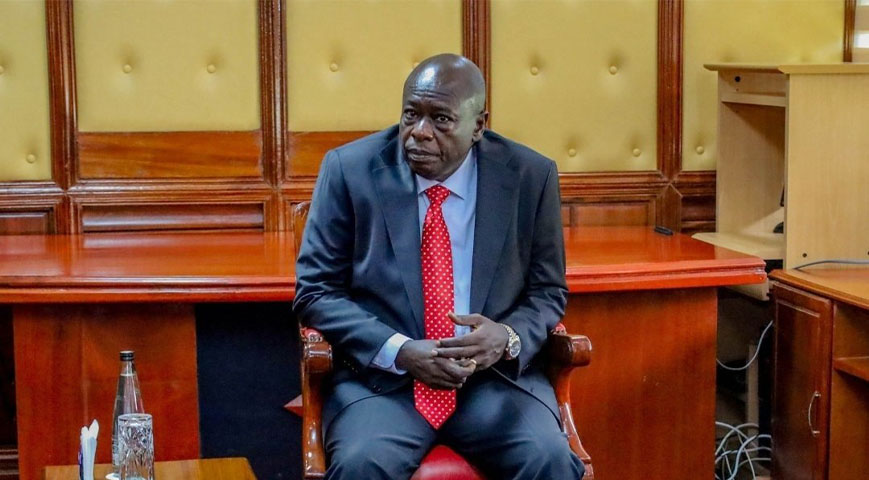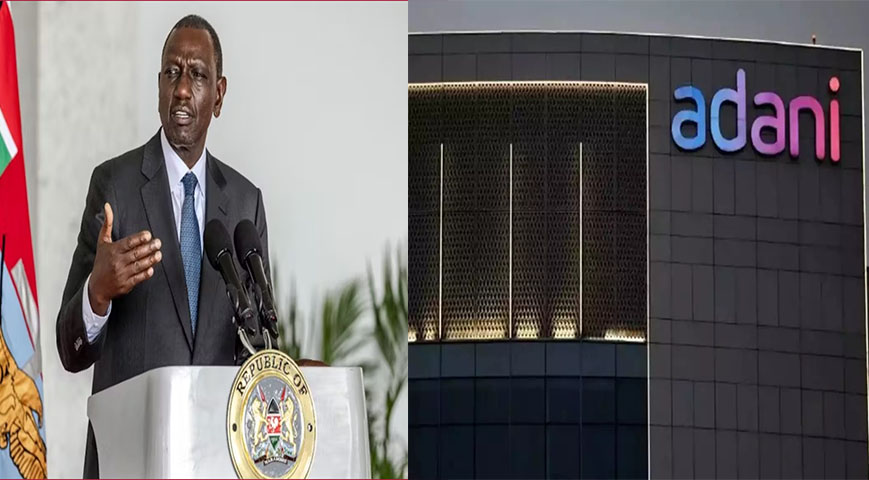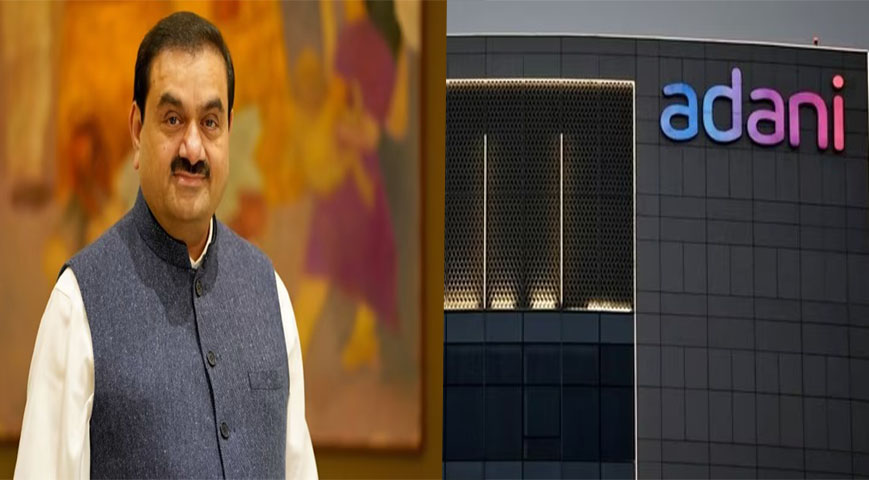Deputy President Rigathi Gachagua faced a setback after the High Court dismissed his application to have a three-judge panel step down from hearing cases challenging the swearing-in of Prof. Kindiki Kithure as the new Deputy President.
Justice Eric Ogola, delivering the ruling, clarified that the decision to reject the recusal request was based on four main factors: the concept of judicial recusal under the Constitution, impartiality as grounds for recusal, whether the application met the bias threshold, and whether the arguments were substantively merited.
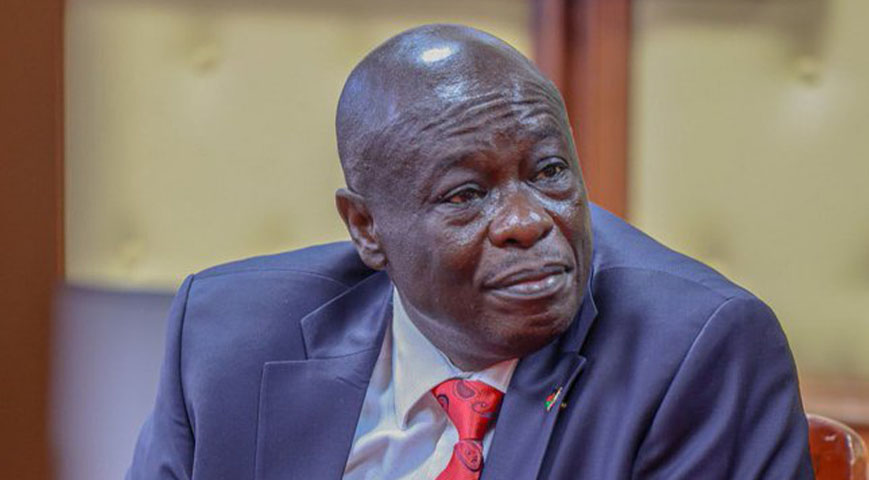
Justice Ogola asserted that the application did not satisfy the criteria required for recusal and was therefore denied.
Did you read this?
"After careful consideration, given the public interest in this case and the need for timely proceedings that respect both parties' interests, we dismiss the recusal applications," stated Ogola.
.jpg)
However, Gachagua’s legal team was granted five days to submit revised petitions, with the same period allowed for responses from the opposing side. The court has scheduled the next hearing for Tuesday, October 29, to address these updated submissions.
The ruling followed a lively hearing, where Gachagua’s attorney, Kibe Mungai, claimed that Senate Speaker Amason Kingi attended Justice Antony Mrima’s wedding, suggesting potential bias.
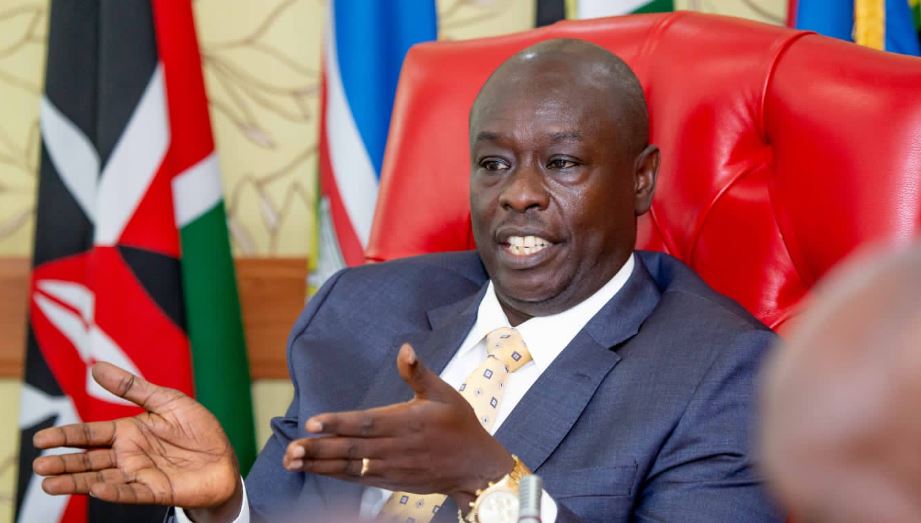
Additionally, lawyer Ndegwa Njiru argued that Justice Ogola’s wife’s appointment by President William Ruto, a central figure in the case, warranted Ogola’s recusal. Veteran attorney John Khaminwa added, “If there’s discomfort, step aside; others can handle this case.”
However, the Attorney General’s representatives countered these claims, arguing that no law prevents judges from interacting socially with others. Advocate Githu Muigai expressed surprise, saying, “Independent social engagements cannot be grounds for recusal.”

